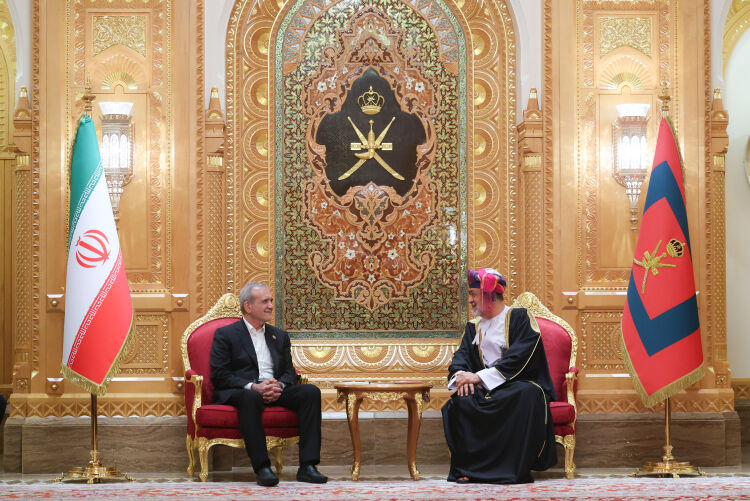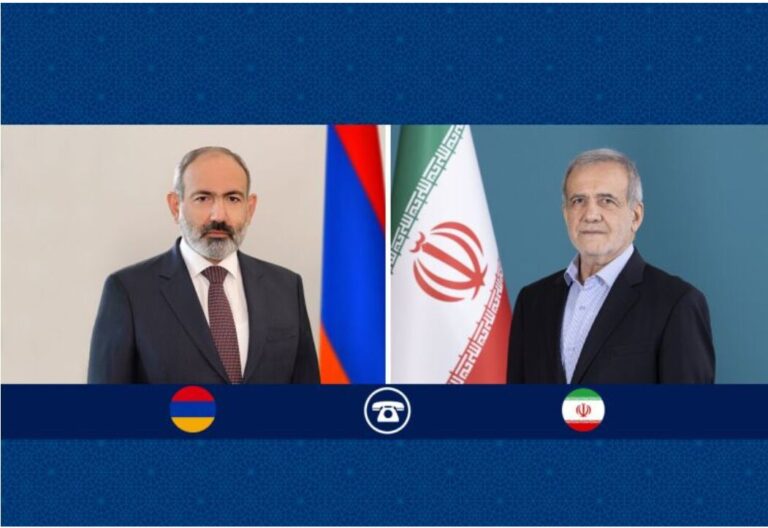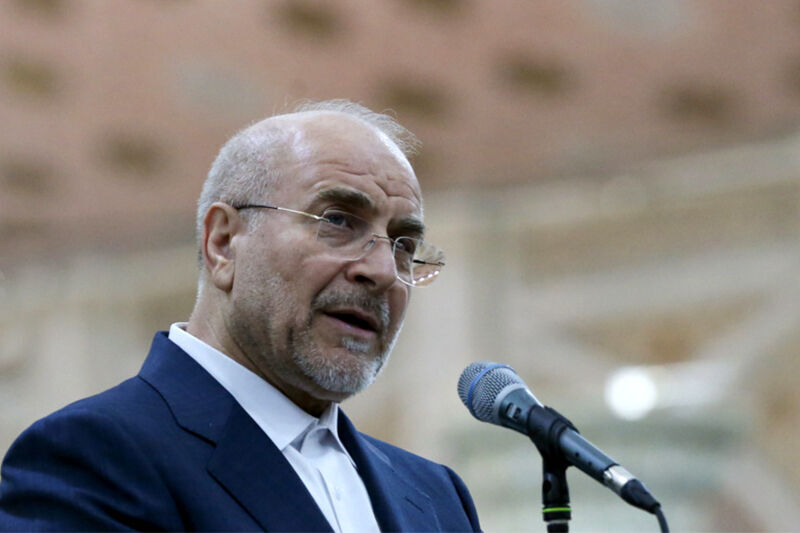
Similar Posts
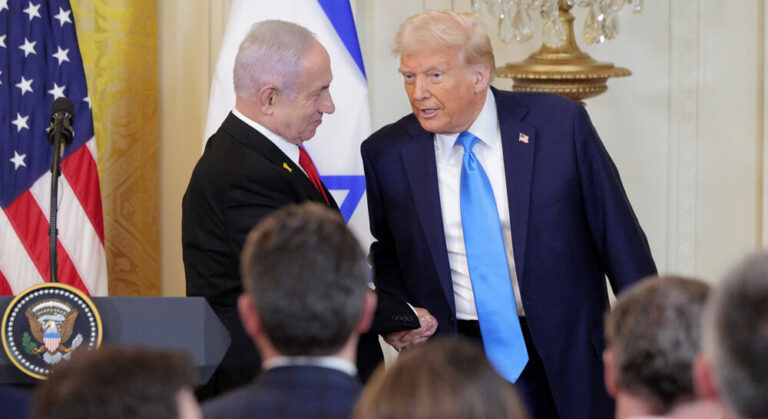
US Allies Reject Trump’s Controversial ‘Gaza Takeover’ Proposal
Former President Donald Trump’s recent remarks about potentially U.S. control over the Gaza Strip have drawn widespread international condemnation. He suggested transforming Gaza into the “Riviera of the Middle East,” prompting concerns about Palestinian displacement. European leaders, Saudi Arabia, Egypt, and Turkey rejected the proposal, asserting it violates international law and calling for Palestinian rights. Notably, Saudi Arabia’s Crown Prince reaffirmed opposition to any displacement, while Egypt emphasized the need for reconstruction without forced relocations. Global leaders, including those from Russia and China, echoed the call for a two-state solution, highlighting the complexities surrounding the ongoing conflict. The UN also warned against potential breaches of international law.
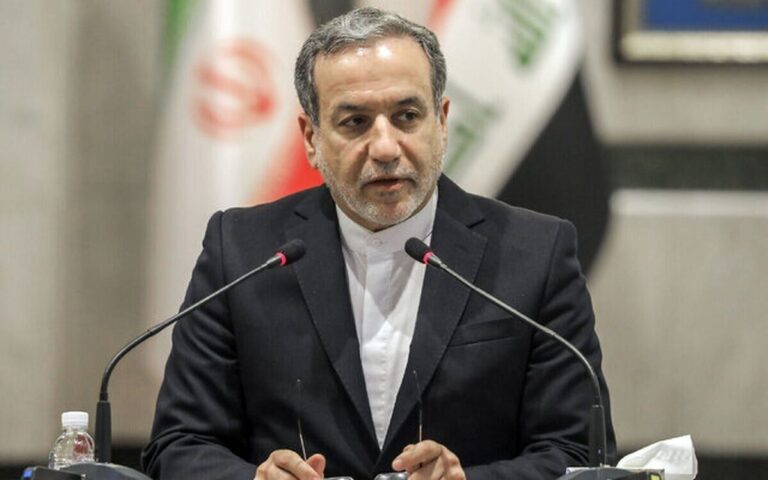
Iran’s Foreign Minister Advocates for ‘Maximum Wisdom’ Over ‘Maximum Pressure’ in Diplomacy
Iran’s Foreign Minister, Abbas Araghchi, has criticized the U.S. “maximum pressure” strategy under former President Trump, asserting it has failed and will lead to “maximum resistance” from Iran. Araghchi emphasized that Iran, a compliant member of the NPT, will never pursue nuclear weapons and called for a shift towards a diplomatic approach, advocating for “maximum wisdom.” He proposed that practical assurances against nuclear development should be paired with the cessation of hostile actions like sanctions. Meanwhile, Trump has reinstated the “maximum pressure” campaign, creating ongoing diplomatic tensions between the two nations as they seek to navigate these complexities.
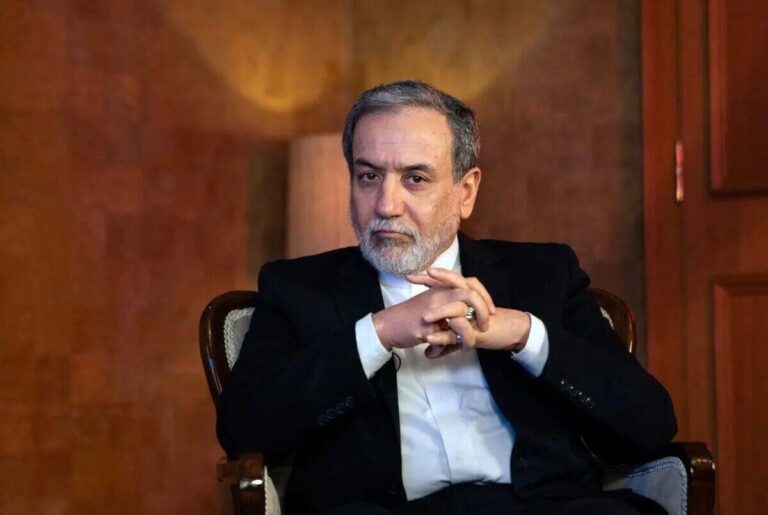
Iran Stands Firm: Araqchi Rejects Public Debate Format at Key Nuclear Policy Conference
Iran’s Foreign Minister Abbas Araqchi has stated that the country will not participate in public negotiations, following the cancellation of his keynote speech at the Carnegie International Nuclear Policy Conference, which was changed to a debate format. Araqchi shared his prepared remarks on X, emphasizing Iran’s intention to avoid public discussions. He criticized special interest groups for undermining diplomatic efforts and expressed disappointment over the format change. Additionally, Iran’s UN mission confirmed the cancellation, highlighting the importance of structured dialogues in diplomatic engagements without public confrontation. Araqchi is open to questions but opposes a Q&A format.
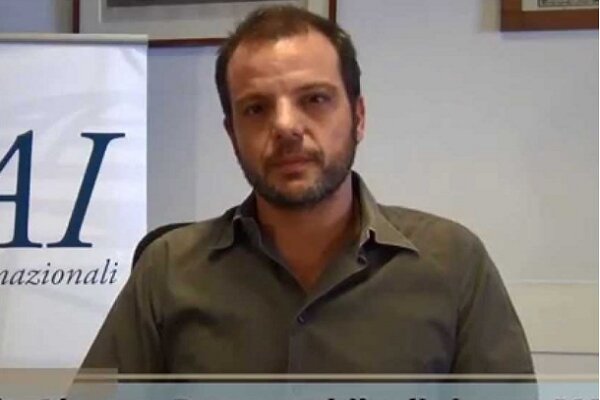
Iran Faces Pivotal Negotiation Challenges Amid US Double Standards
As Donald Trump begins his second term, the global community is closely watching his approach to Iran following his previous “maximum pressure” campaign. Analysts, including Riccardo Alcaro from the International Affairs Institute, suggest that Trump may exert more control over Iran policy this time, potentially allowing for negotiations. While his administration still includes hardliners, Trump’s newfound openness could facilitate a significant agreement. Europe’s role may also be crucial, as nations like Germany, France, and the UK seek to maintain stability. The outcome of these dynamics will be pivotal for regional stability and US-Iran relations moving forward.
